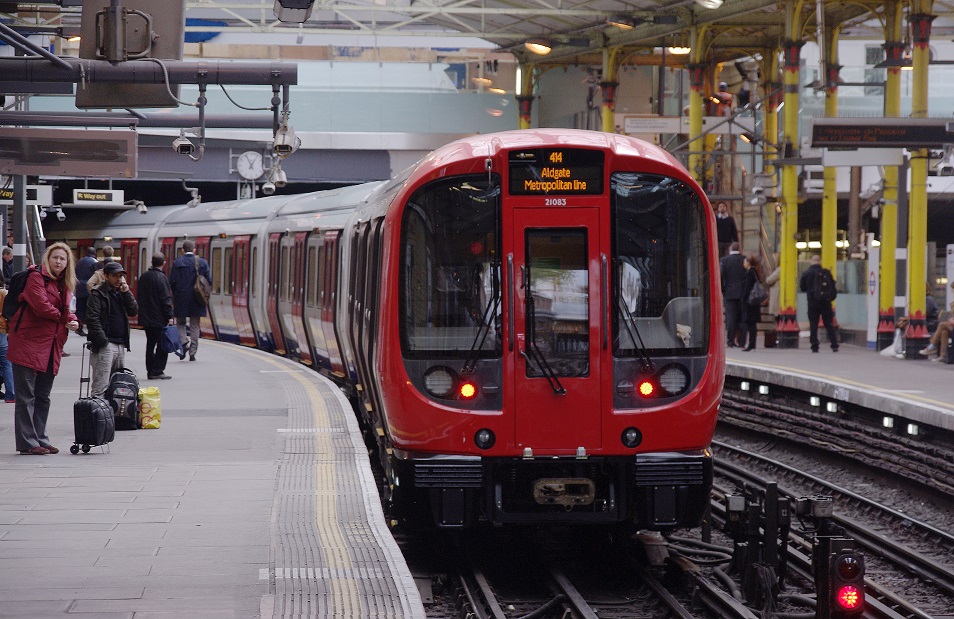
Transport for London (TfL) is preparing the imminent launch of a tendering process for new solar installations on its own buildings, Solar Power Portal understands.
Plans for a roll-out of new solar PV are currently being drawn up by the network’s energy and carbon strategy team, which will use the Greater London Authority’s (GLA) RE:FIT programme to procure solar and some energy efficiency measures.
The scope of the project has yet to be confirmed, but SPP has learned that the project is set to progress quickly.
A Transport for London spokesperson said: “As part of our continuing work to reduce carbon emissions, we will shortly be starting the tendering process to install solar panels on a number of TfL buildings via the GLA's REFIT framework.”
RE:FIT London is an energy performance contracting framework allowing public sector organisations to enter into a contract with an approved energy service company. This ESCo guarantees the energy savings from the works that it is undertaking over a given period, providing assurance of a secure financial saving.
TfL is listed as owning some 683 sites in the capital, 270 of which are working Tube stations, while more of its estate comprises train sheds, depots, warehouses, crew accommodation and office blocks.
It has already installed solar PV on a number of its buildings, including a number of train crew accommodation properties such as Northfields where installations were carried out during other planned maintenance work to limit costs.
TfL’s latest solar plans were mentioned by Shirley Rodrigues, deputy mayor of London for environment and energy, at last week’s Energy Storage and Connected Systems event. She stated that TfL had identified funding for the roll-out of solar PV on its buildings.
This was later confirmed by the GLA, which said this funding had been allocated under TfL’s current business plan, signed off by the Mayor’s office in December.
This sets out the transport network’s plans over the five years to 2021/22 and states that it will use “land and assets for new low-carbon energy generation”. However, the only funding outlined for this falls under the £14 million assigned to energy and carbon reduction schemes, with no specific mention of solar.
It also suggests plans for energy storage, which TfL will use to save costs and encourage the growth of electrified transport in London.
This was supported by Rodrigues, who said: “London can play its part in helping to manage and balance the electricity system through storage. Storage, whether it be battery, thermal or v2g is the missing piece that allows renewables to act effectively and efficiently within our energy system.”
